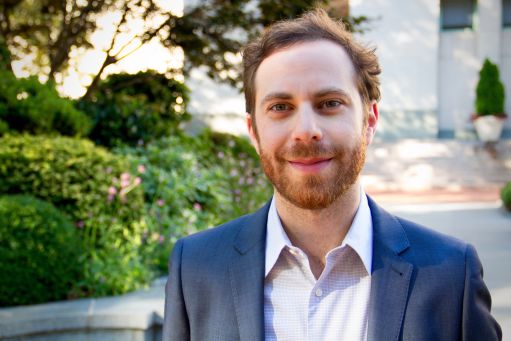In late January, as COVID-19 infections began to rise, Citigroup CEO Michael Corbat canceled a global gathering of the firm’s senior leadership.
Then in early February, almost a month before the COVID-19 outbreak was declared a pandemic, Corbat enacted a travel ban for its employees.
“Soon my inbox began filling up with some very unhappy people,” Corbat said. “But we knew what was coming and we knew we had to get ahead of it.”
As Corbat explained in conversation with recent graduate Amanda Chen ’20, Citigroup’s response to COVID-19 from the onset was informed by the pace and the trajectory of infections and the firm based its decisions on those projections.
“You’re not always right, but it is much easier to dial it back than it is to play catch up,” Corbat said.
When COVID-19 forced offices to close, requiring staff to work from home, Corbat said the firm stressed communication with its team members not just for business concerns, but to help understand the challenges of employees’ personal lives.
Corbat also discussed how the financial services industry have been affected by COVID-19, the government’s response, and the importance of flexibility and resilience in a post-pandemic world.



